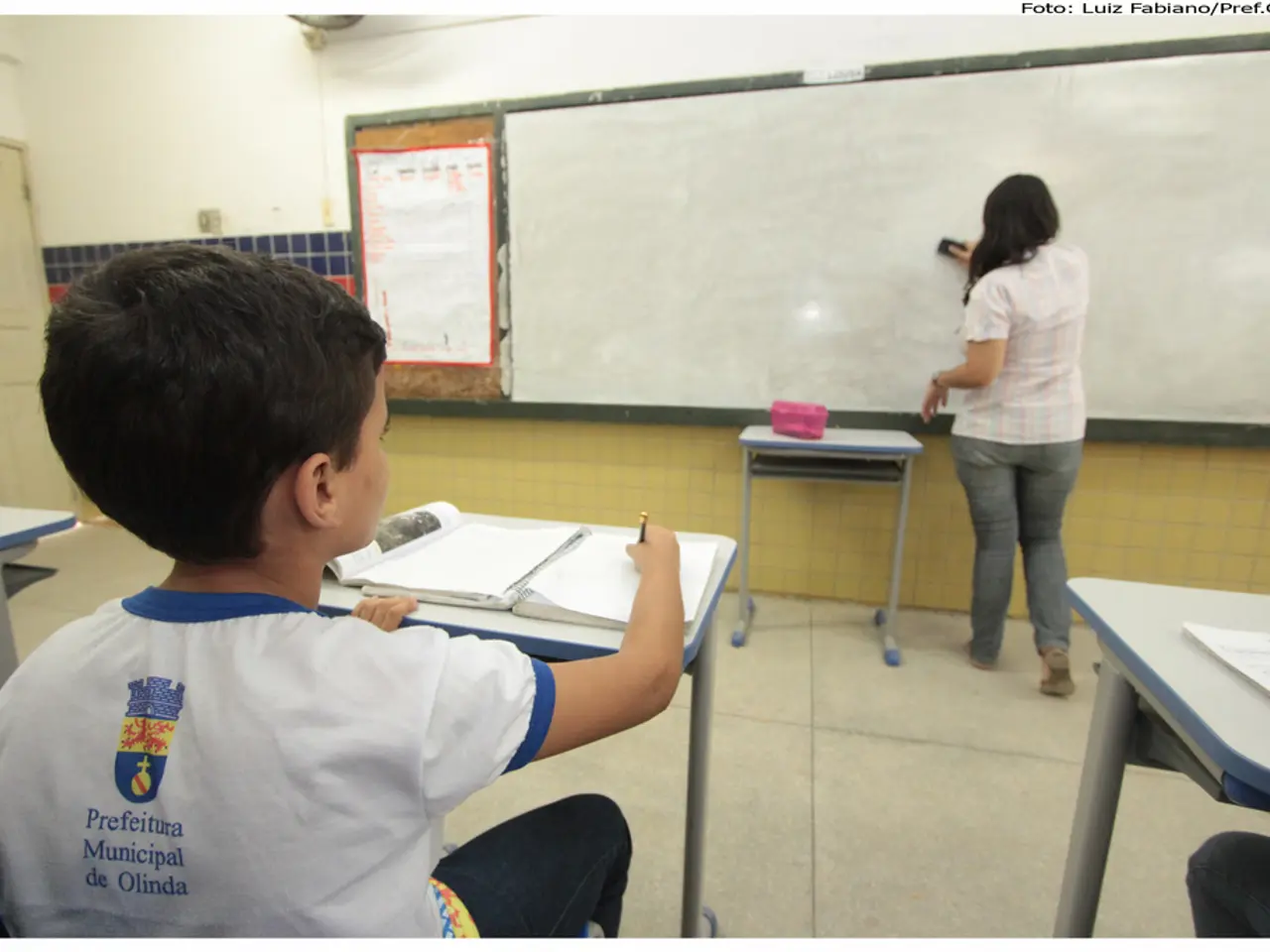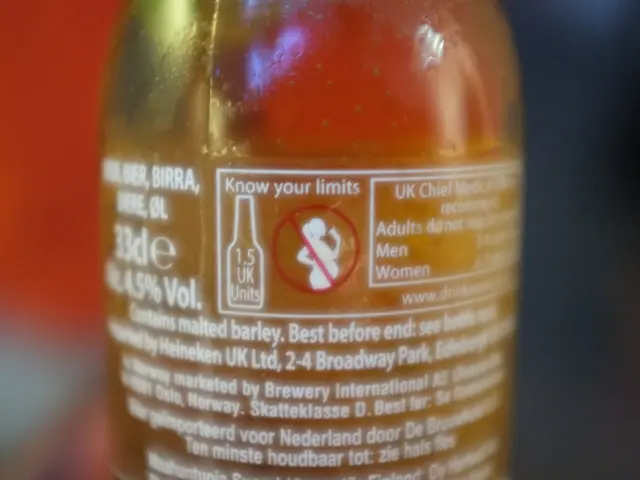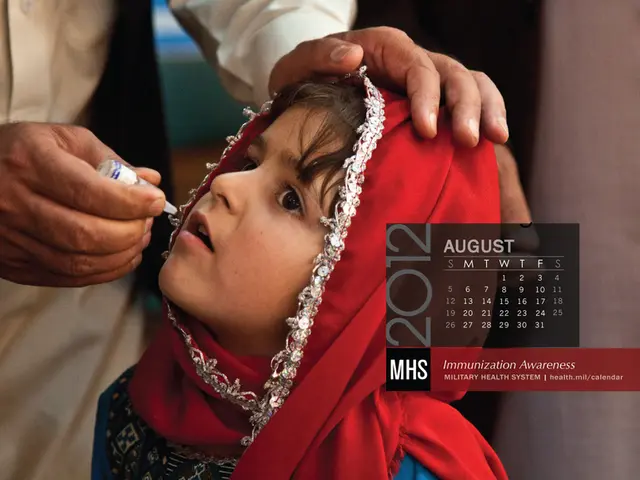Offenbach's School Entry Exam: German Language Proficiency Drops Amid High Media Use
The latest school entry examination in Offenbach has revealed worrying trends in children's German language proficiency and media consumption. While efforts to improve preventive care and vaccination rates have shown progress, the proportion of children speaking German without errors has dropped significantly.
A concerning 80% of children starting school exceed the recommended daily media usage time of 30 minutes, with 40% using media twice as long. This excessive screen time may impact their language development. Early education and parental involvement are crucial for improving children's German language proficiency, as seen in the positive outcomes for children who attended kindergarten for more than three years.
The proportion of children speaking German without errors fell by 5.5 percentage points to 35% between 2022 and 2023. Only 408 out of 1,389 children had German as their first language, with 955 indicating another language as their mother tongue. To address this, the Internationaler Bund (IB) in Offenbach promotes language learning offers for children with low German language levels before school enrollment. They focus on integration and educational support in youth and social work contexts. The Kreis Offenbach also supports tailored language and social competence programs for children through projects like 'ElternChanceN', aiming at early language support and family involvement. These institutions work with kindergartens and schools to provide early and continuous German language promotion for children.
While the general preventive care status of the children has improved slightly, and the complete vaccination status has increased significantly to 75.7%, the decline in German language proficiency is a cause for concern. Collaborative efforts between the IB, Kreis Offenbach, kindergartens, and schools are crucial to improve children's language skills and reduce excessive media consumption.
Read also:
- Comprehensive Cancer Care Strategy Encompassed by Siemens Healthineers Entirely
- Exploring Hemp Insulation: Is This Eco-Conscious Solution Worthwhile for Your Construction Project?
- Fiercely battling for survival, a student hails from Ludwigsburg
- Digital Wellness Companions: Top Mental Health Applications to Watch Out for in 2025








